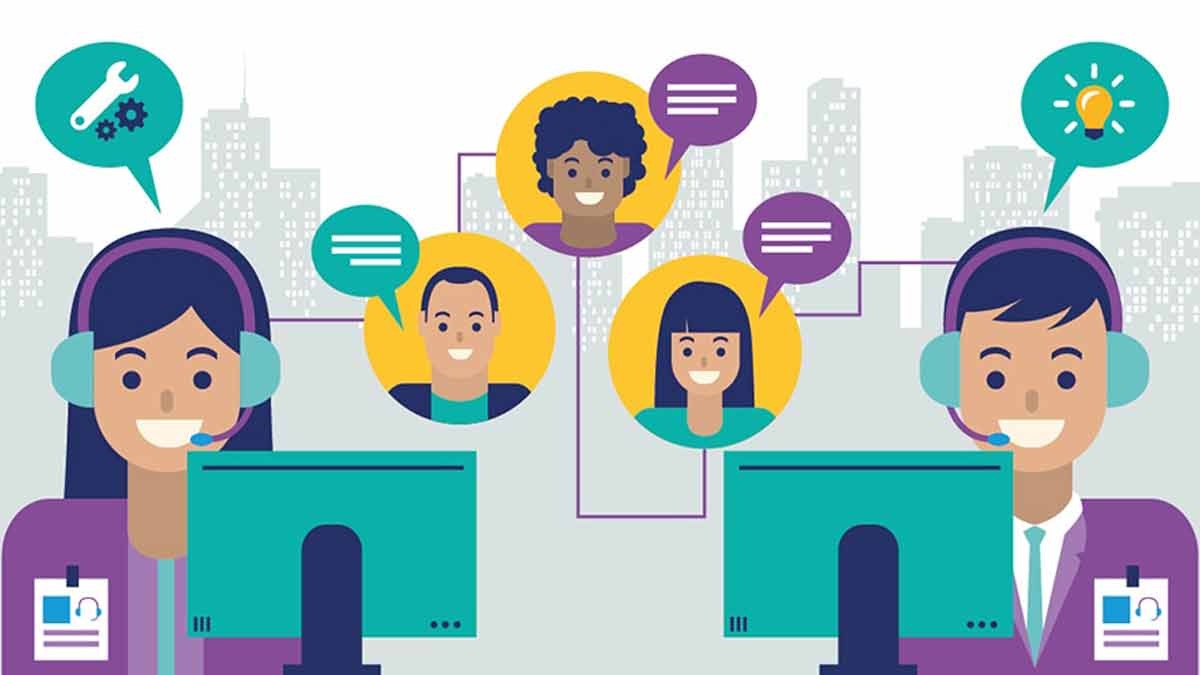course content

A training diploma in self-skills and customer service is an excellent way to enhance your personal and professional development, especially if you work in a customer-facing role or aspire to do so. This type of diploma program typically covers a range of topics related to self-improvement and customer service excellence. Here's what you might expect from such a program:
1. **Communication Skills:** Effective communication is crucial in customer service. You'll learn how to listen actively, express yourself clearly, and adapt your communication style to different situations and personalities.
2. **Customer Relationship Management:** Understanding customer needs, building rapport, and maintaining positive relationships with customers is essential. You'll learn strategies for providing excellent customer experiences.
3. **Problem-Solving and Conflict Resolution:** Customer service often involves dealing with challenging situations. You'll acquire skills to handle complaints, resolve conflicts, and turn negative experiences into positive ones.
4. **Self-Improvement Techniques:** Personal development is a significant part of self-skills training. This may include time management, stress management, goal setting, and self-motivation.
5. **Emotional Intelligence:** Recognizing and managing emotions, both your own and those of others, is vital in customer service. You'll learn about emotional intelligence and its role in customer interactions.
6. **Product/Service Knowledge:** Depending on your industry, you may need to gain in-depth knowledge about the products or services you're offering to provide informed and effective customer support.
7. **Technology and Tools:** Familiarity with the tools and technology used in customer service, such as CRM software and communication platforms, is often covered.
8. **Ethical and Legal Considerations:** Understanding the ethical and legal responsibilities in customer service, including issues like data privacy and compliance, is important.